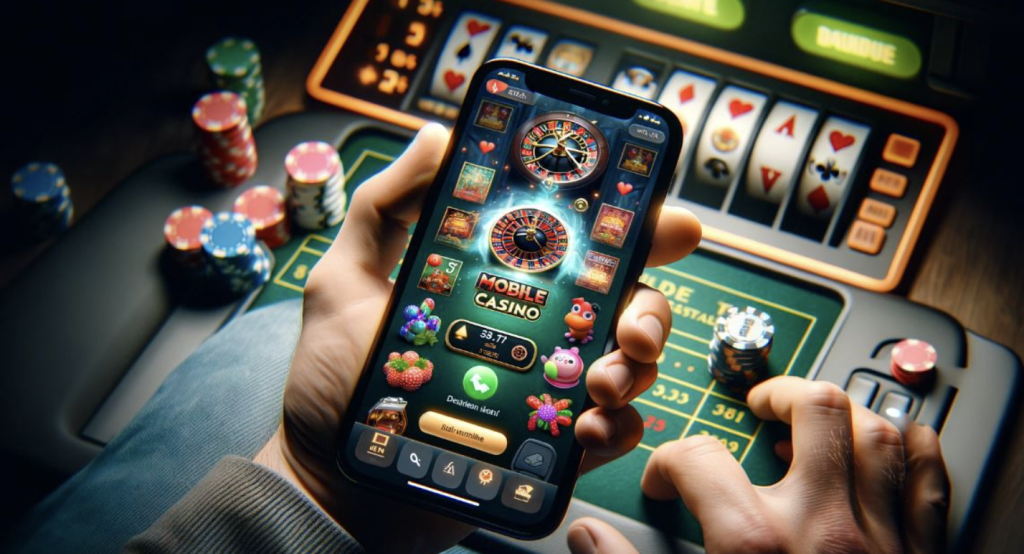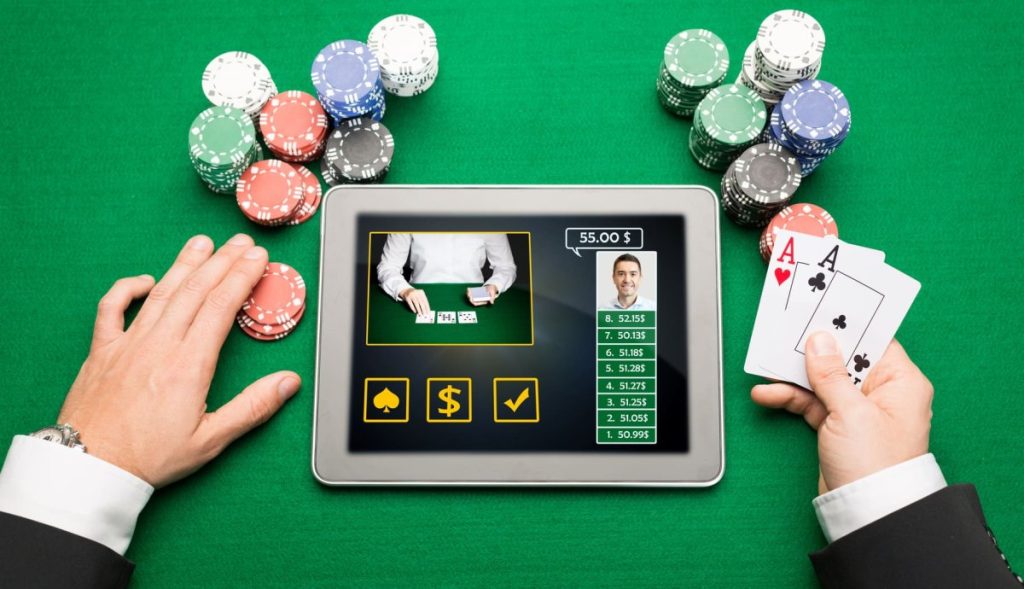Modern gambling platforms are a massive business ecosystem with multimillion turnovers, where each transaction is recorded, every bet is verified, and every player undergoes a scan. Verification in a casino is a critically important security step that complies with licensing requirements and international regulations. Without this procedure, the platform will violate the terms of its operation, and the player risks losing their winnings.
What is casino verification
The phrase “casino verification – what is it” most often pops up in searches after the first attempt to withdraw funds. The reason is simple: without confirming identity, it is impossible to withdraw money. This is a legally justified check of a player’s personal data, age, and payment instruments.

The essence lies in comparing the stated data with real documents. The gaming platform verifies identity, age (to comply with age restrictions), and payment sources. Major licensed operators (such as 888, Betway, or PokerStars) use automated KYC systems (Know Your Customer) connected to identification databases and global payment gateways.
Why casino verification is necessary
 Machine learning algorithms cannot guess age from a photo or understand who is behind a nickname. Identity verification prevents minors from participating, prevents fraud, and protects players’ money. The license obliges the operator to verify each identity to eliminate:
Machine learning algorithms cannot guess age from a photo or understand who is behind a nickname. Identity verification prevents minors from participating, prevents fraud, and protects players’ money. The license obliges the operator to verify each identity to eliminate:
- multi-accounts;
- money laundering;
- theft of others’ banking data;
- tax evasion.
Regulation requires full transparency – the system requests confirmation for any transaction or withdrawal, minimizing risks for all parties: the casino, states, and players.
How casino verification works
Most operators require a standard set of documents. The standard includes:
- Proof of identity – this can be an internal or international passport, a national ID card, or a driver’s license.
- Document confirming the residential address – utility bills, bank statements, or an official lease agreement will suffice.
- Payment instrument details – a photo of a bank card with obscured digits or a screenshot from online banking displaying the details is required.
- Photo with the document in hand – necessary to prevent the use of fake or generated data.
- Additional verification steps – video selfie, incoming call from the security service, or a trial financial transfer for a minimal amount.
International platforms (such as LeoVegas, Unibet) use the IDnow system, which verifies the client within 5 minutes through video identification.
How to pass casino verification quickly and smoothly
Data errors, unclear photos, outdated documents – these are the most common reasons for rejection. To pass verification within 1-2 days, you need to:
- upload all pages of the document;
- provide proof of actual residential address not older than 3 months;
- exclude extraneous elements in the photo;
- ensure data consistency in the application and documents.
Some platforms (such as Pin-Up or Parimatch) request re-verification when withdrawing over $550 or when changing details. Support responds within 24-48 hours.
Verification and deposits
Deposits do not require confirmation – money is received instantly. However, when withdrawing funds, the user data confirmation procedure becomes mandatory. Even if the funds do not exceed the limit, payment systems (Visa, Mastercard, Skrill, Neteller) often initiate a block until the KYC procedure is completed.
Financial operations take priority over speed – security is more important than impulse. Delay in withdrawal without completed verification can reach 72 hours.
Confidentiality and data protection
The platform is obligated not only to request data but also to protect it. All documents are encrypted according to AES-256 standards and stored on servers with multi-level authorization.
Certified operators work according to PCI DSS standards and apply SSL encryption at all levels. No licensed platform is allowed to transfer personal data to third parties – fines of up to 2% of turnover are provided for this (under GDPR in the EU).
Age and responsibility: where is the line between a player and a violator
Casino verification determines not only identity but also age. Legal age is a mandatory condition for access to gambling. The legislation of most countries sets the threshold at 18 years old (21 in the USA).
Any discrepancy automatically blocks the account, and any attempt at deception leads to a lifetime ban.
Security systems record IP, device, and login timestamps, excluding repeated attempts under different data.
Support service and technical verification
If the automatic system did not complete the verification or rejected the documents, casino verification switches to manual mode. Technical support analyzes documents manually, clarifies disputed points, and provides recommendations.
Verified platforms (such as Casino-X, Mr.Green) offer 24/7 support via chat, email, and in some cases – via video communication. The support service keeps correspondence in the account archive, not losing requests.
With correct upload of all files, re-identification takes up to 24 hours. In case of disputes, the service involves the compliance department – a special legal department for checking complex cases.
The impact of verification on the fairness and trust in the platform
The more reliable and transparent the player identity verification process, the higher the trust in the brand. Casinos licensed by Curacao, MGA (Malta), UKGC (UK), and Kahnawake demonstrate strict compliance with rules.
The KYC process eliminates the possibility of falsification and ensures fairness. The player knows: their data is protected, and winnings will not be blocked due to internal restrictions.
Casinos with a positive reputation (such as GGPoker, BitStarz) publish their privacy policy openly, undergo regular audits by independent organizations, and update KYC protocols.
Platforms that ignore identity verification often operate without licenses, act outside the legal field, and frequently delay payments. This creates a high risk of deposit and data loss.
Regulation and license: key factors of trust
Every legal platform undergoes mandatory certification. The license confirms compliance with standards – from transaction speed to identification transparency.
Regulatory bodies (such as the UK Gambling Commission or Malta Gaming Authority) require platforms to update protection mechanisms, maintain internal reporting, and verify all clients.
Without a license, an operator does not gain access to international payment systems, cannot use certified software, and loses the right to operate legally.

Conclusion
 Verification in a casino is not a formality but a mandatory element of security, fairness, and transparency. It protects personal data, ensures the legality of financial operations, and excludes the participation of minors.
Verification in a casino is not a formality but a mandatory element of security, fairness, and transparency. It protects personal data, ensures the legality of financial operations, and excludes the participation of minors.
A platform that cares about identification demonstrates reliability, complies with licensing norms, and confirms its reputation.
 en
en  de
de  ar
ar  es
es  hi
hi  nl
nl  fr
fr  it
it  pt
pt  el
el 









